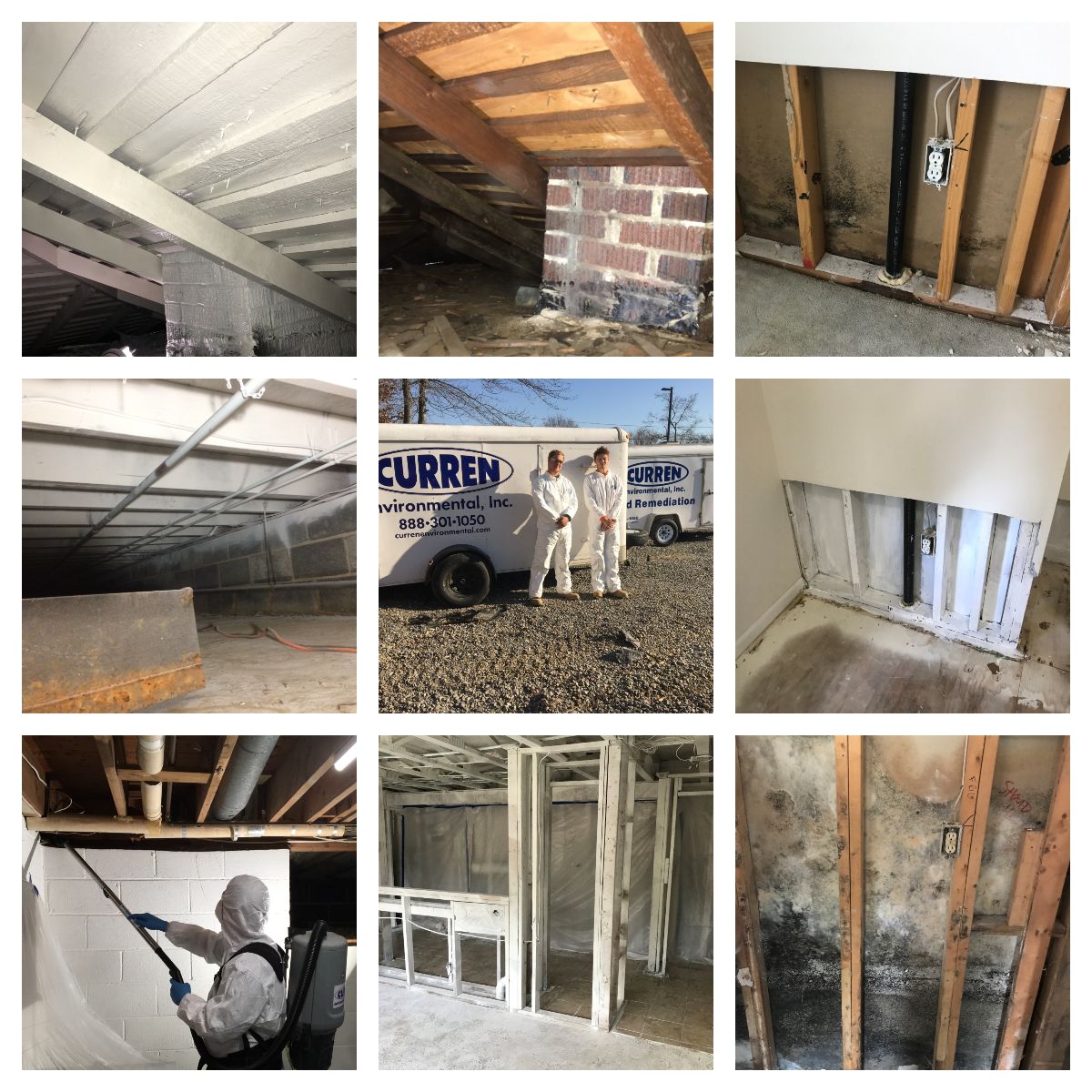New Jersey allows sellers of real estate properties to complete a Property Condition Disclosure Statement. The property disclosure statement relative to mold references he following.
NJ Seller’s Property Condition Disclosure Statement
(N.J.S.A. 56:8-19.1) A. 2685
◦Yes No
[ ] [ ] 9) Are you aware of any water leakage, accumulation or
dampness within the basement or crawl spaces or any
other areas within any of the structures on the property?
◦[ ] [ ] 9a) Are you aware of the presence of any mold or similar
natural substance within the basement or crawl spaces
or any other areas within any of the structures on the
property?
As revised, N.J.S.A. 56:8-19.1 newly requires that if a filled-in property condition disclosure statement indicates the seller’s awareness of water leakage, accumulation or dampness, the presence of mold or other similar natural substance, or repairs or other attempts to control any water or dampness problem on the real property, the involved real estate broker, broker-salesperson, or salesperson is required to provide the buyer with a physical copy of the Department of Health’s "Mold Guidelines for New Jersey Residents" pamphlet.
Mold Disclosure & Consumer Fraud
New Jersey consumer fraud law bans the "concealment, suppression, or omission of any material fact with intent that others rely upon such concealment, suppression or omission, in connection with the sale or advertisement of any … real estate." N.J.S.A. 56:8-2.
The administrative rules of the Real Estate Commission provide that real estate licensees must disclose all information “material to the physical condition of any property which they know or which a reasonable effort to ascertain such information would have revealed to their client or principal and when appropriate to any other party to a transaction.” N.J.A.C. 11:5-6.4. The concern raised by this requirement is that a real estate broker or agent might be called on to answer to a defrauded buyer for passing along bad information originating with the seller.
- Mold disclosure in a typical real estate transaction
- Seller answers no regarding water or mold
- Home goes under contract
- Buyer does due diligence including a mold inspection.
- Mold is found and a repair request presented to the seller
- Maybe because of mold, maybe another issue but the transaction falls apart and the property is an active listing.
The seller now has to disclose the mold even if it was not disclosed previously. If it is disclosed, the Realtor would need to provide the buyer with the mold guidelines.
Mold growth is due to a water issue, mold will grow back if the water issue is not fixed. After disclosure of mold growth by seller, ask how the water issue was fixed and for some paperwork. Regarding the mold remediation, ask the seller for paperwork from the mold remediation company. The company should provide information on the remediation was performed and warranties on the products used during remediation.
Disclosure of mold by the Seller should not make your run from the property, if you have the proper paperwork backing up that it was remediated and the water issue was fixed, it shouldn't be an issue in the future.


